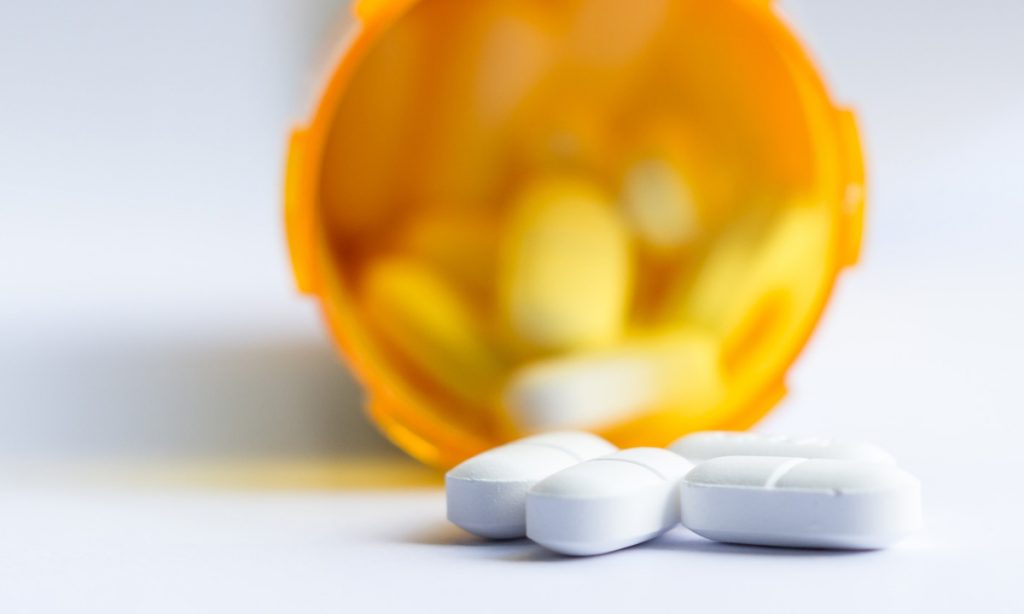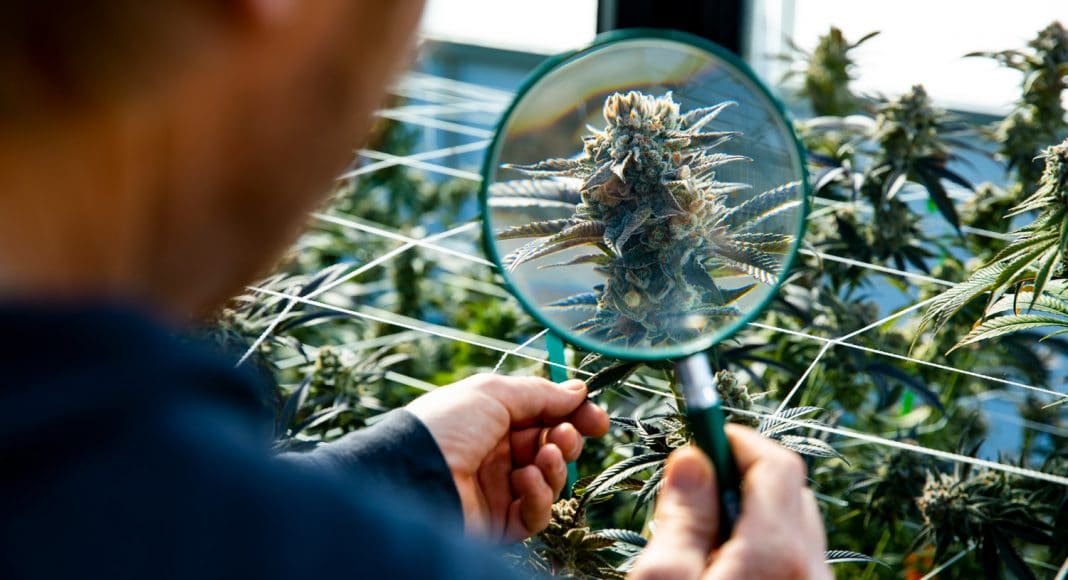No one appears to have any idea whether access to legal weed would really keep people from using opioids in the first place.
There is a growing body of evidence showing that medical marijuana could be all that is needed to tame the gnarly beast known as the opioid epidemic. On the other hand, there is also some research showing that this is all kooky talk.
It seems that ever since the first study emerged showing that the cannabis plant might be able to prevent tens of thousands of Americans from dropping dead every year from fatal overdoses, we have seen a steady stream of new studies showing conflicting results. To say the science over this concept is all over the map is an understatement.
Simply put, no one appears to have any idea whether access to legal weed would really keep people from using opioids in the first place, or serve as a trapdoor from the throes of addiction. Some of the latest research on the matter shows the confusion over marijuana and opioids is still prevalent.
A study published last week in the Canadian Medical Association Journal shows that while cannabis is often revered as an alternative to opioids, the reality is that the people suffering from opioid use disorder really don’t have any use for weed. Using 30 years of data, researchers at McMaster University found that when cannabis was used by people with an opioid problem, tossing marijuana into their rehabilitation treatment plan didn’t make them more likely to stay on the mend.
RELATED: The Opioid Crisis Is Not About Pain
“There is limited evidence that cannabis use may reduce opioid use in pain management, and some high-profile organizations have suggested cannabis is an ‘exit drug’ for illicit opioid use, but we found no evidence to suggest cannabis helps patients with opioid use disorder stop using opioids,” said lead researcher and associate professor of psychiatry and behavioral neurosciences, Dr. Zainab Samaan.

However, a separate study published last week in PLOS Medicine from the University of British Columbia (UBC) and the B.C. Centre on Substance Abuse shows that marijuana might “lower or address the risk of overdose” in people considered heavy opioid users. The study mostly indicates that people who used cannabis daily as a means of controlling chronic pain were less likely to encounter a problem with opioids.
RELATED: Study Finds Opioid Users Not Switching To Medical Marijuana
It is worth noting that the UBC study was funded to the tune of $2.5 million by Canopy Growth, which is one of the largest cannabis companies in North America. Still, researchers associated with the study say that the idea that marijuana could save the world from opioid addiction is largely exaggerated.
“We are very aware of the risk of harms,” said lead researcher M-J Milloy. “And I want to emphasize that none of us think that cannabis is a panacea or a silver bullet to knock out the overdose crisis. What we do think, though, is that it has tremendous potential.”
What appears to be real is that cannabis works for some people who are trying to manage chronic pain. It is not clear whether the majority of these people were cannabis users to begin with or if they are new to the scene. There is also some question as to whether the opioid epidemic is truly the result of doctors doling out prescription painkillers with rabid enthusiasm.
A recent study published in the Annals of Emergency Medicine shows that only around 1% of opioid patients ended up with problems stemming from opioid misuse. The bulk of this drug problem, the study shows, appears to be coming from people using heroin and fentanyl.
RELATED: Maybe Medical Marijuana Isn’t The Opioid Epidemic Savior After All
It should be noted that some legitimate pain patients — those who may have endured trauma, battlefield injuries or gone through surgery — are not excited about trading in opioids for medical marijuana. They argue that pot just doesn’t have the strength needed to cut through this type of pain.
Regardless of where the research goes on this issue, the effectiveness of marijuana as a substitute to prescription painkillers really depends on the person. For minor aches and pain, marijuana might do the trick, while those people experiencing higher levels of pain might be better suited with a carefully monitored treatment plan consisting of opioids. But one thing is certain, according to Dr. Samaan: Competent research on this controversial subject is scarce. “The reality is that there are no good studies or good evidence to show us it’s beneficial,” she told CBC News.


